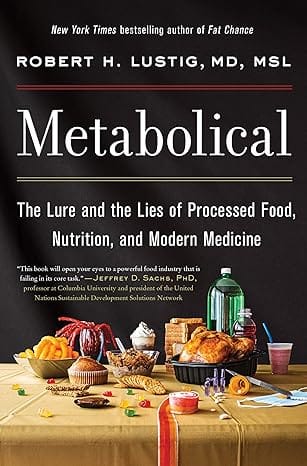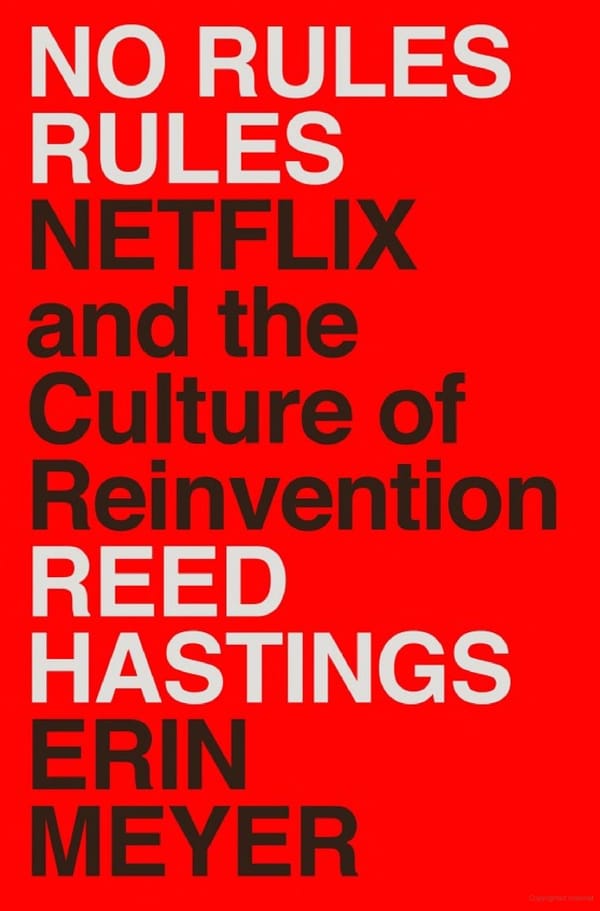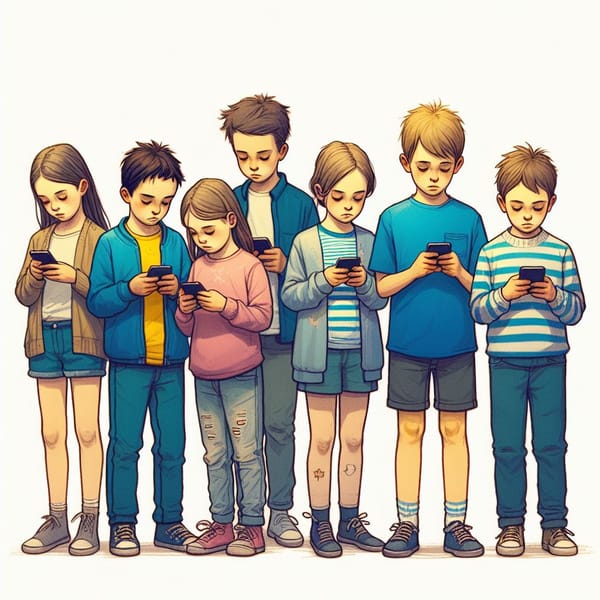Learning Well
Learning is a life-long process. Being deliberate and investing in doing it well and it'll pay itself back many-fold.

As you go through life, you’ll need to spend a lot of time learning. I strongly believe that life-long learning is here to stay*. It’s crucial to make sure you do it well.
We did not evolve to learn abstract concepts. We do have incredible plasticity but there’s no reason to suggest that your “default” way of learning, honed through years of feedback in the school system, will be the “optimal” way of learning. One major reason for this potential trap: what feels effective in the short run is not the best way to learn well in the long run. So without a deliberate approach to learning, you may shortchange yourself in your journey. The most egregious example of this would be cramming for exams. Luckily science has made substantial progress in helping us understand how to learn.
So what does science tell us? First is that spaced repetition is absolutely essential. This is a stylized Ebbinghaus forgetting curve, the portion of your memory retained over time:
Since memory observes a half-life, interrupting this forgetting curve is the key to long term memory retention. Here I’m extremely optimistic that a personalized LLM can help you by acting as a tutor to remind (and test) you at key intervals. I should do this more, but there’s too much friction for much of what I learn. I do wait a week or two before writing book reviews to help with this.
Second, science tells us for better encoding that we need to pace our intake of information, where possible. In addition to interrupting the forgetting curve, spacing out your learning allows for much stronger encoding of the material. Another way of encoding the material is to relate it to things you already know.
When setting out to learn something new, it is also a good use of time to do the metacognition step of planning how you will learn it. How do experts in that field build up their expertise? Is it by doing, as in the example of coding or photography?
To learn well, we also need to pay attention to our foundational health. For learning, regular exercise can improve learning outcomes. Similarly, quality sleep is essential for the consolidation of learning. A less directly observable outcome is that being healthy and energetic allows you to sustain your learning over a longer period of time. The college notion that you don’t have time to exercise or sleep because you have so much to study or learn is a false economy. You’ll spend more hours getting less done.
Now that we have some basic understanding of how to learn (although you’ll need to update your learning about how to learn over time–yes, meta-meta-learning!), here are some practical tips people have found useful:
- Write notes by hand – typing may sometimes be required due to the nature of sharing, but where you can, writing by hand will help with retention. I still do this when I take classes, including one in the fall of 2023.
- Find a way to test yourself – flash cards, teaching the material, and so on.
- Free recall: after learning something new, try closing your notes and asking yourself what the key points were. What was salient about that concept?
- Relating the new concept to things you already know. If you’re obsessed with battleships, and you just learned about a spaceship, ask yourself what’s similar in design principles? What’s different? How might the different environments affect how people build them?
- Spend time fighting knowledge illusion. Familiarity is not the same as comprehension – don’t fall for that trap.
- If you find yourself as an example learner, try to incorporate multiple examples of the thing you’re studying at the same time. Ask yourself what makes them similar and what makes them different?
It’s starting to sound like learning takes work. Yep, that’s true. One of the most-cited concepts in all of these learning resources is Carol Dweck’s idea of the growth mindset. The core idea is that skills can be developed and are not fixed. I will note there’s some controversy on the effectiveness of teaching the growth mindset. That said, it certainly seems in a parent’s best interest to emphasize and praise aspects of growth rather than the application of fixed ability.
Howard Gardner has a theory that there are actually 8 types of intelligence. While I won’t list them here, I do think this kind of framing is very supportive of a growth mindset. Having multiple ways of recognizing cognitive progress and skill development will likely help motivation learning. An anti-pattern is thinking that you’re bad at something and not engaging with it. At the same time, you should spend your energy where you think you can develop a competency. Multiple intelligences will give you more avenues to do so.
There’s one aside I want to mention about the role of LLMs in learning. I suspect that hallucinations are actually really good for people who are serious about learning. By getting some framing of the subject matter, but it might be wrong, is probably one of the best ways to get people to engage critically and think about what they’re told. If you cannot fully trust ChatGPT, you’ll be forced to engage with the idea much more deeply. That’s perhaps more optimistic than the average use case, but optimism is motivational!
At the end of the day, learning well is a very effortful process. Devoting the energy to do so will pay off in life.
*-at least until GPT-5 comes out!
Resources:
- Ultralearning by Scott Young and James Clear
- Make It Stick by Peter Brown
- Learn Better by Ulrich Boser
- Erik Barker’s review of Outsmart Your Brain and helpful list of suggestions
Post-script: my reason for reading a lot and then reviewing (interrupting forgetting!) and writing about these books (consolidation! re-wording!) is to help me learn better. I also enjoy teaching and sharing.
Notable quotes:
From The Little Book of Talent: 52 Tips for Improving Your Skills:
Research shows that people who (wrote a summary) remember 50 percent more material over the long term than people who follow (repeatedly read). This is because of one of deep practice’s most fundamental rules: Learning is reaching. Passively reading a book— a relatively effortless process, letting the words wash over you like a warm bath— doesn’t put you in the sweet spot. Less reaching equals less learning. On the other hand, closing the book and writing a summary forces you to figure out the key points (one set of reaches), process and organize those ideas so they make sense (more reaches), and write them on the page (still more reaches, along with repetition). The equation is always the same: More reaching equals more learning.
From Make It Stick:
PEOPLE GENERALLY ARE going about learning in the wrong ways. Empirical research into how we learn and remember shows that much of what we take for gospel about how to learn turns out to be largely wasted effort. … two of the primary learning principles in the book: spaced repetition of key ideas, and the interleaving of different but related topics.
Cramming, a form of massed practice, has been likened to binge-and-purge eating. A lot goes in, but most of it comes right back out in short order. The simple act of spacing out study and practice in installments and allowing time to elapse between them makes both the learning and the memory stronger, in effect building habit strength.
Embrace the notion of successful intelligence. Go wide: don’t roost in a pigeonhole of your preferred learning style but take command of your resources and tap all of your “intelligences” to master the knowledge or skill you want to possess.
From Ultralearning on why learning well is so important:
The advance of computerization and automation technologies has meant that many medium-skilled jobs—clerks, travel agents, bookkeepers, and factory workers—have been replaced with new technologies.
You don’t need to feel as though you’re good at something to invest energy into learning. After all, becoming good at something is what learning is. However, you need to feel that you could be good at it. People tend to make their perceptions of inadequacy into immutable destinies: “I’m no good at math”
From Learn Better:
[A] broad truth about the Digital Age: Facts have lost a lot of their value. Details are no longer as important as they once were. For just about all of us, what matters today is not the data itself—what matters is how we can think better with that data.
For anyone who wants to learn anything, the takeaway is clear: Anything we can do to distribute our learning over time pays off, and people should space out the development of a skill.
Always aim to develop—and reflect—on skills and knowledge. We see this drive in most successful individuals.



